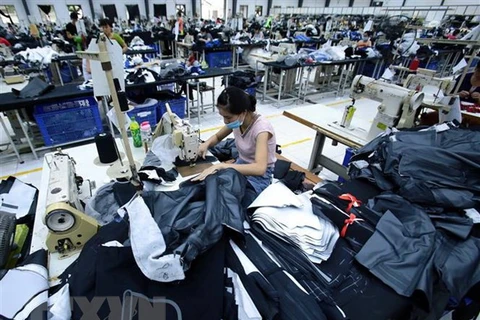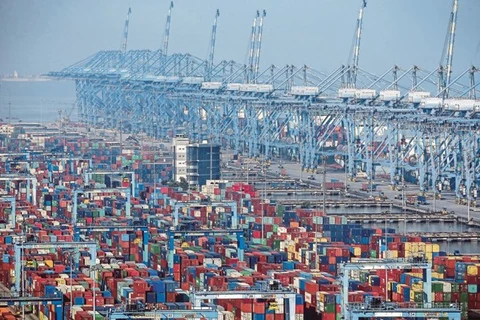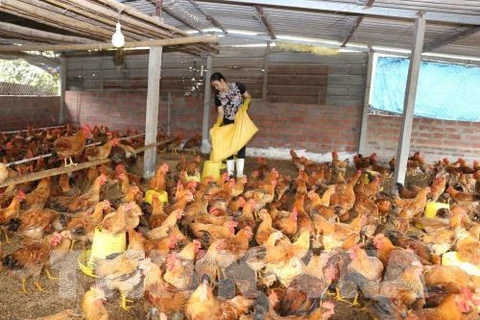Mexico City (VNA) – Mexican economists have shared the view that once the Comprehensive and Progressive Agreement for Trans-Pacific Partnership (CPTPP) takes effect, Mexico will have to face fierce competition from Vietnam in many sectors, such as garments and textiles, leather and footwear, and electronic equipment.
Arnulfo Gomez, a foreign trade expert, said Vietnam has successfully implemented a commercial strategy that helps improve the quality and competitiveness of its products on the international market by reducing spending on materials and applying technology in production.
With such advantages, Vietnam has more capacity than Mexico to utilise opportunities generated by the CPTPP, he said.
The experts suggested that the Mexican Government set forth new measures to raise the competitiveness of domestic businesses, thus avoiding adverse impacts from the deal.
Statistics of the Mexican Ministry of Economy show that trade between Vietnam and Mexico between January and October 2018 reached 3.85 billion USD, with a trade surplus of 3.5 billion USD in favour of Vietnam.
The CPTPP, formerly named the Trans-Pacific Partnership Agreement (TPP), is made up of 11 signatories following the US withdrawal. The current member states are Australia, Brunei, Canada, Chile, Japan, Malaysia, Mexico, New Zealand, Peru, Singapore, and Vietnam.
The deal is considered a high-quality free trade agreement and one of the most comprehensive trade deals ever concluded. The CPTPP member states form a giant market with 500 million consumers and a combined gross domestic product of 13.5 trillion USD, accounting for 15 percent of the world’s GDP and 15 percent of the global trade turnover.
The Vietnamese National Assembly passed a resolution ratifying the CPTPP and related documents on November 12. Mexico, Japan, Singapore, New Zealand, Canada, and Australia had already ratified the agreement.
The CPTTP is expected to take effect on December 30 this year.–VNA
VNA
























